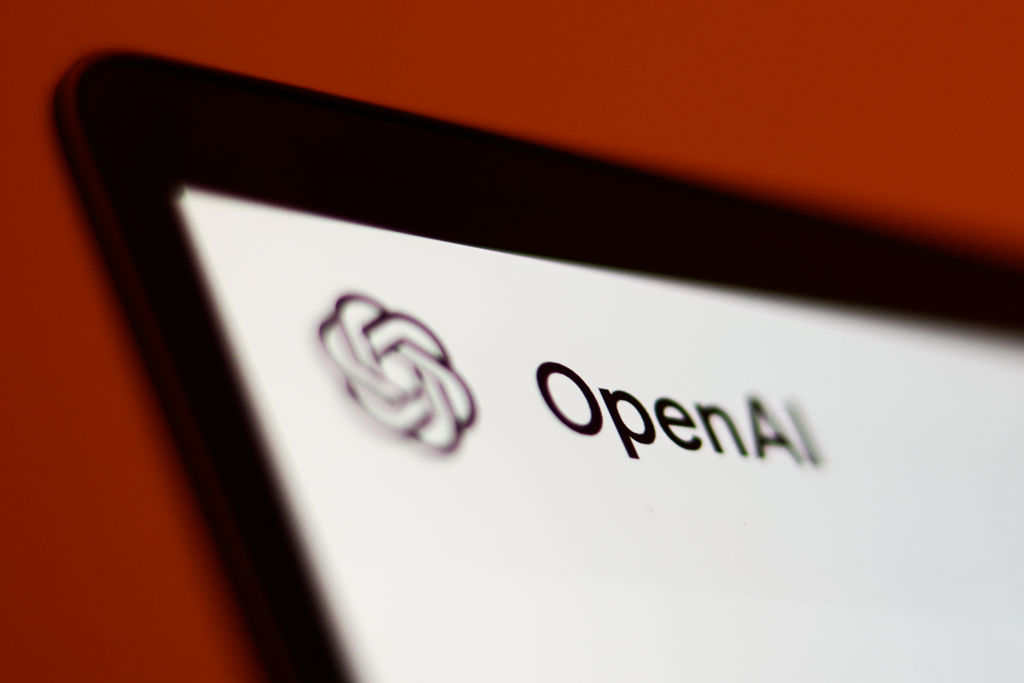
OpenAI is updating the AI model powering Operator, its AI agent that can autonomously browse the web and use certain software within a cloud-hosted virtual machine to fulfill users’ requests.
Soon, Operator will use a model based on o3, one of the latest in OpenAI’s o series of “reasoning” models. Previously, Operator relied on a custom version of GPT-4o.
By many benchmarks, o3 is a far more advanced model, particularly on tasks involving math and reasoning.
“We are replacing the existing GPT‑4o-based model for Operator with a version based on OpenAI o3,” OpenAI wrote in a blog post. “The API version [of Operator] will remain based on 4o.”
Operator is one among many agentic tools released by AI companies in recent months. Companies are racing to make highly sophisticated agents that can reliably carry out chores more or less without supervision.
Google offers a “computer use” agent through its Gemini API that can similarly browse the web and take actions on behalf of users, as well as a more consumer-focused offering called Mariner. Anthropic’s models are also able to perform computer tasks, including opening files and navigating web pages.
According to OpenAI, the new Operator model, called o3 Operator, was “fine-tuned with additional safety data for computer use,” including datasets designed to “teach the model [OpenAI’s] decision boundaries on confirmations and refusals.”
OpenAI has released a technical report showing o3 Operator’s performance on specific safety evaluations. Compared to the GPT-4o Operator model, o3 Operator is less likely to refuse to perform “illicit” activities and search for sensitive personal data, and less susceptible to a form of AI attack known as prompt injection, per the technical report.
“o3 Operator uses the same multi-layered approach to safety that we used for the 4o version of Operator,” OpenAI wrote in its blog post. “Although o3 Operator inherits o3’s coding capabilities, it does not have native access to a coding environment or terminal.”
Kyle Wiggers is TechCrunch’s AI Editor. His writing has appeared in VentureBeat and Digital Trends, as well as a range of gadget blogs including Android Police, Android Authority, Droid-Life, and XDA-Developers. He lives in Manhattan with his partner, a music therapist.



